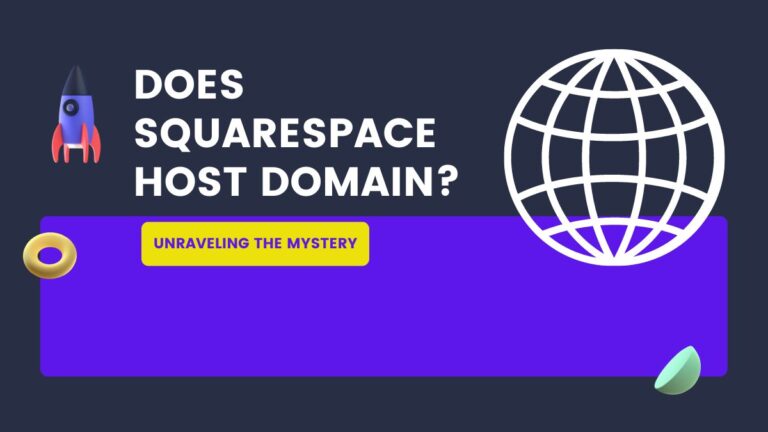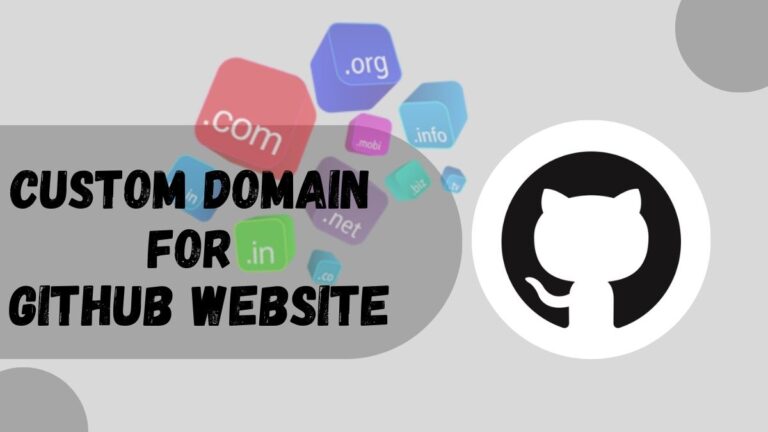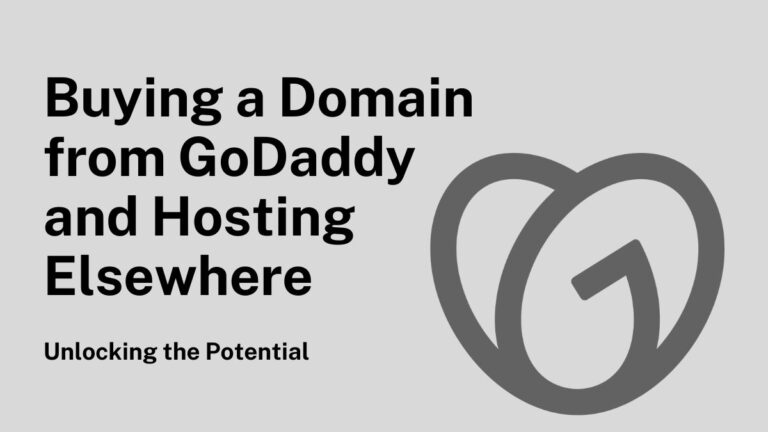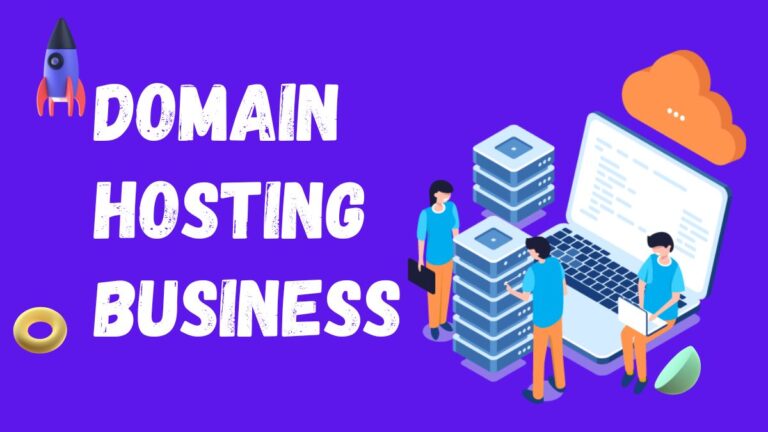How Can I Find My Domain? Uncover Your Online Identity

Do you ever wonder what your online presence says about you? In a digital age where our identities are increasingly defined by our virtual footprints, it’s crucial to have a domain that truly represents who we are. Whether you’re an aspiring entrepreneur, a passionate blogger, or simply seeking to make your mark in the vast online world, finding the perfect domain name is the first step towards uncovering and cultivating your unique online identity.
So, if you’ve been pondering how to find my domain and unlock endless possibilities for personal and professional growth – look no further! We’ve got all the tips, tricks, and expert advice lined up just for you in this must-read blog post. Let’s embark on this exciting journey of self-discovery together!
Table of Contents
What is a Domain?
A domain is a unique identifier for a website. It is also the name of the website, including its .com, .net, .org, and other top-level domains (TLDs). When you create a website, you need to choose a domain name. You can buy or rent a domain name. A custom domain lets you choose your own TLD.
How can I Find My Domain Online?
If you want to take control of your online persona, then you need to know how to find your domain. Let’s take a look at some easy ways to track down your website and determine its name:
- Use a Domain Name Registrar. Domain name registrars are trusted organizations that help you register domain names and manage your websites. Try googling “domain name registrar” and using the first provider that pops up.
- Check Your Registered Domain Name. Once you have found the domain name registrar, use their tools to search for your registered domain name. They may provide access to this information through their website or an account request form on their site.
- Contact Your Web Hosters. If you are using a hosted website, then you may be able to contact your web hosts directly and ask them for the registered domain name associated with your account. Many web hosts provide this information in their customer support area.
- Check Who Owns the Domain Name. Using either of the two methods described in number one, try looking up who owns the registered domain name – this can often give you clues about where the website is hosted or who created it. If all else fails, contact whoever is in charge of hosting your website and ask them for the registered domain name– they are likely more than happy to help!
Remember, taking the time to find out your domain name is one of the first steps in controlling your online presence. Knowing your domain name can help you shield your personal information, redirect visitors to the correct website, and even protect your website from cyber-attacks.

Pros and Cons of Domain Hunting
Assuming you have landed on this page because you want to start domain investing for the first time, here are some pros and cons:
- Pros of Domain Hunting:
The vast array of domain options available (including new domains being added all the time!) means that you will never be short on choices when it comes to picking a domain name. There are plenty of great domain names that are still available, so there is always room to explore and find something truly unique.
- Cons of Domain Hunting:
Domain hunting can be time-consuming and tedious, as you need to research various domain options to find one that meets your needs. You may also need to spend money on tools such as a search engine optimization analysis or a Reverse DNS lookup service to determine whether a particular domain is available and which hosting provider would be best suited for it.
Ultimately, the pros and cons of domain hunting come down to personal preference. Some people may find the process of researching domain options rewarding, while others may find it more difficult and time-consuming.
Tips for Protecting Your Domain
To protect your domain, you should use a Secure DNS provider such as DNSPerf.com or ZoneAlarm.com to keep track of the IP addresses that are accessing your website. You can also configure your hostname sentinel to block unauthorized requests for your domain name.
Additionally, you should always protect your domain with a strong password and keep track of who has access to your files and website. You should also use a spam filtering service to block unsolicited e-mail messages that could be used to compromise your site.
Conclusion
In today’s internet age, it is difficult to remain anonymous. If someone knows what sites you have been visiting and what content you have consumed, they can uncover your online identity. One way to try and protect your anonymity is by using a new domain name.
Domain names are simple to create and are unique, preventing others from associating the same site with you multiple times. With a little research, it should not be too hard to find a domain that fits your needs perfectly. Thanks for reading!






